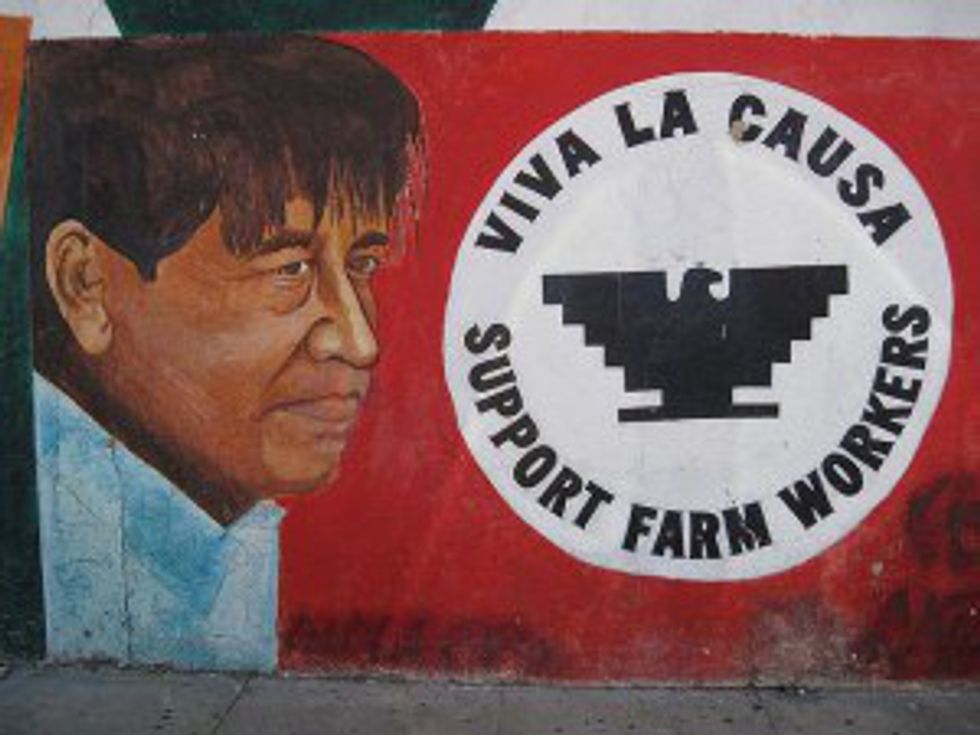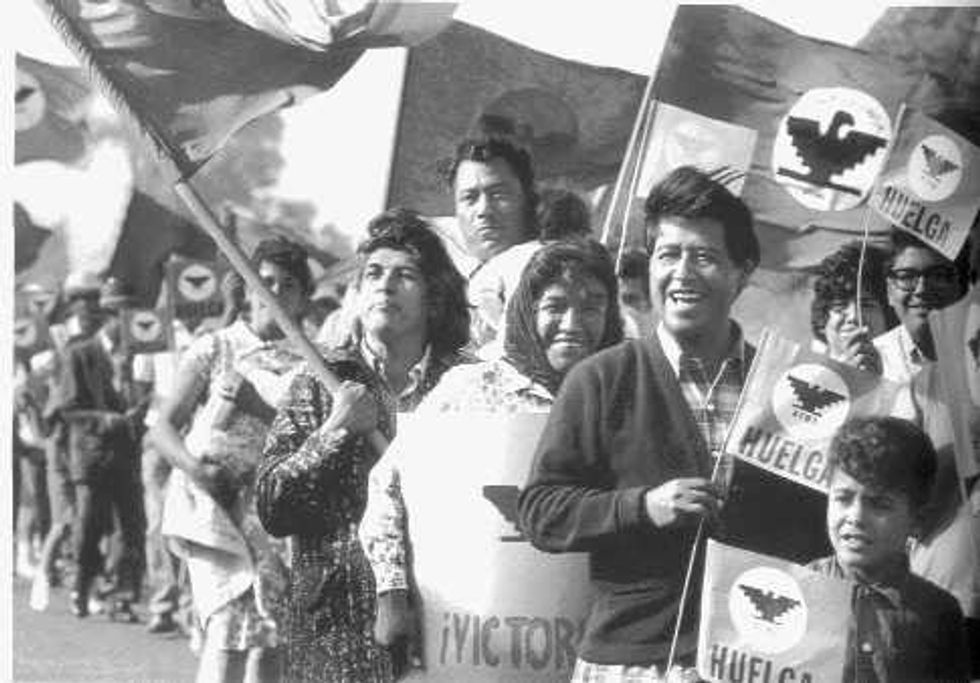This year, March 31st is national Cesar Chavez Day and it is an official state holiday in California. As a Mexican person who has lived in the California Valley for a lifetime, Cesar Chavez is an important historical figure. The reason why you get a day in March off school is due to Cesar Chavez. So who is Cesar Chavez and why is he such a big deal? Let me tell you a little something about this Mexican American activist, leader and hero.
Cesar Chavez was born in Arizona on March 31, 1927 to Mexican parents. He lived in a small adobe home and his parents owned a grocery store, unfortunately, his family lost everything during the Great Depression and eventually moved to California. In California, his family faced many hardships working in the fields picking lettuce, grapes corn and cotton. Cesar Chavez quit school, in which he felt discriminated and segregated, before high school to help his family earn money, this is where Chavez noticed the many injustices migrant farm workers were forced to endure. Later on, Cesar Chavez enlisted in the Navy and served for two years, after that he married and worked in the fields of San Jose, CA.
In 1952, Cesar Chavez began getting involved with the Community Service Organization (CSO) in which he joined the Mexican American community in standing up against economic and racial discrimination. Six years later, Chavez became the executive director of the CSO, which led him to form the National Farm Workers Association (now known as United Farm Workers) in 1962.
Even now, the UFW has the responsibility “ to provide farm workers and other working people with the inspiration and tools to share in society’s bounty.” Cesar Chavez is also known for his nonviolent protests, hunger strikes, and marches (inspired by past civil rights activists such as Gandhi and Dr. Martin Luther King Jr.) to obtain rights for farm workers. One of the most famous was the march of 1966, in which strikers led by Chavez marched 250 miles from Delano to Sacramento to present a list of their demands to the capital, by doing this, they got many grape companies to sign a contract with the union, thus giving farm workers more rights. He also organized boycotts against grape and lettuce companies with the hope to get more companies to unionize their farm workers. Sadly, Cesar Chavez passed away in 1993 in his sleep.
So what did all these nonviolent boycotts, hunger strikes, marches, and protests accomplish? Cesar Chavez’s hard work and leadership helped establish the first union contracts, which included basic labor rights such as rest periods, hand-washing facilities, the ban of discrimination and sexual harassment, and prohibiting dangerous pesticides around the workers. He also established the first functioning pension plan for retired farm workers and the first comprehensive union medical benefits for farm workers and their families. Chavez also made it possible for the short-handled hoe, which crippled generations of farm workers, to be abolished in the workplace. This is an extremely short list of what Cesar Chavez accomplished for farm workers and Mexican Americans in general. If it were not for his bravery and passion for justice, farm workers would not have basic labor rights. So thank you, Cesar Chavez, not only for what you accomplished for farm workers across the country, but for making me feel proud of my culture. In Chavez’s words, “We need to help students and parents cherish and preserve the ethnic and cultural diversity is nourishes and strengthens this community -- and this nation.” ¡Sí
Se Puede!






















